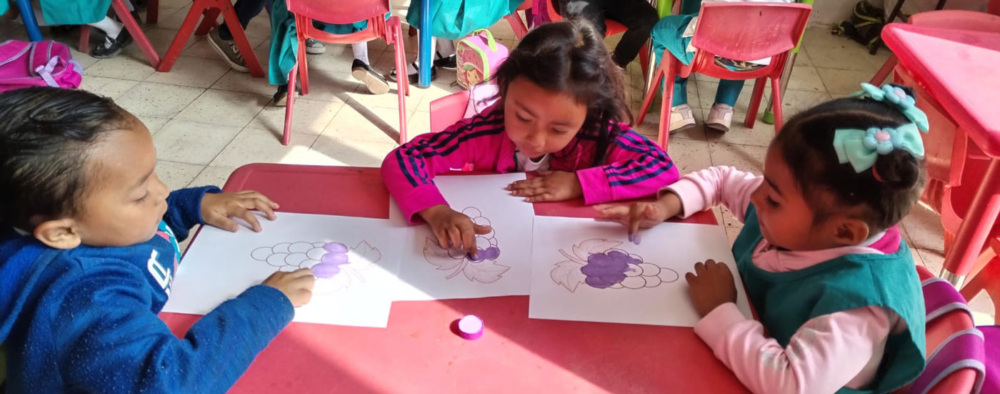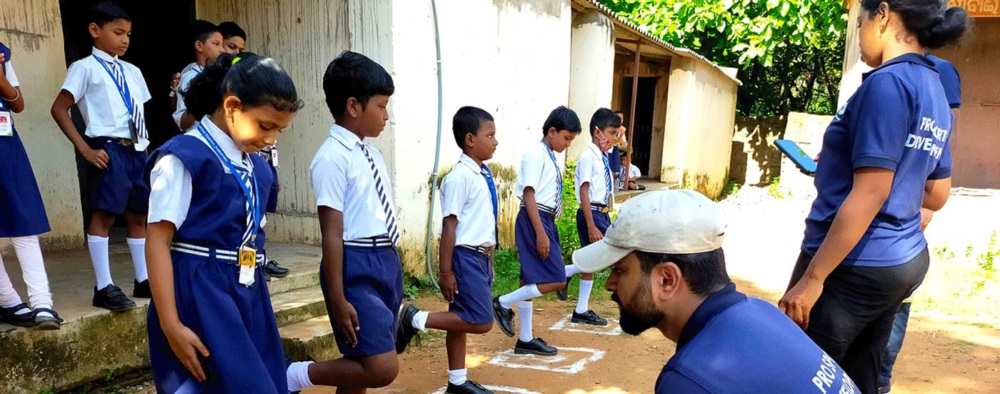
Education
Education
Editor’s note: This blog post is also available in Spanish.
“I like my mom to be at home so she can give me food. I like to help my grandma mop, sweep, and wash, and I also like to clean.” 8-year-old girl on the podcast “Why Is Mommy Always Angry?”
In December 2023, groups of boys and girls, all between the ages of 5 and 8, gathered on certain Saturdays at the preprimary school of Educación Diaria in the rural town of Ojojona, Honduras. Their teacher had called them to try an experiment – to open up an opportunity for them to express and document their opinions, perspectives, and experiences in a creative way. So it was that over the course of one morning, a boy and two girls recorded the podcast “Why Is Mommy Always Angry?” In their nearly 7-minute radio program, they shared tips on how they could behave well and resolve conflicts with their mothers, as well as how they could help around the house by picking up their toys after playing and assisting with cleaning.
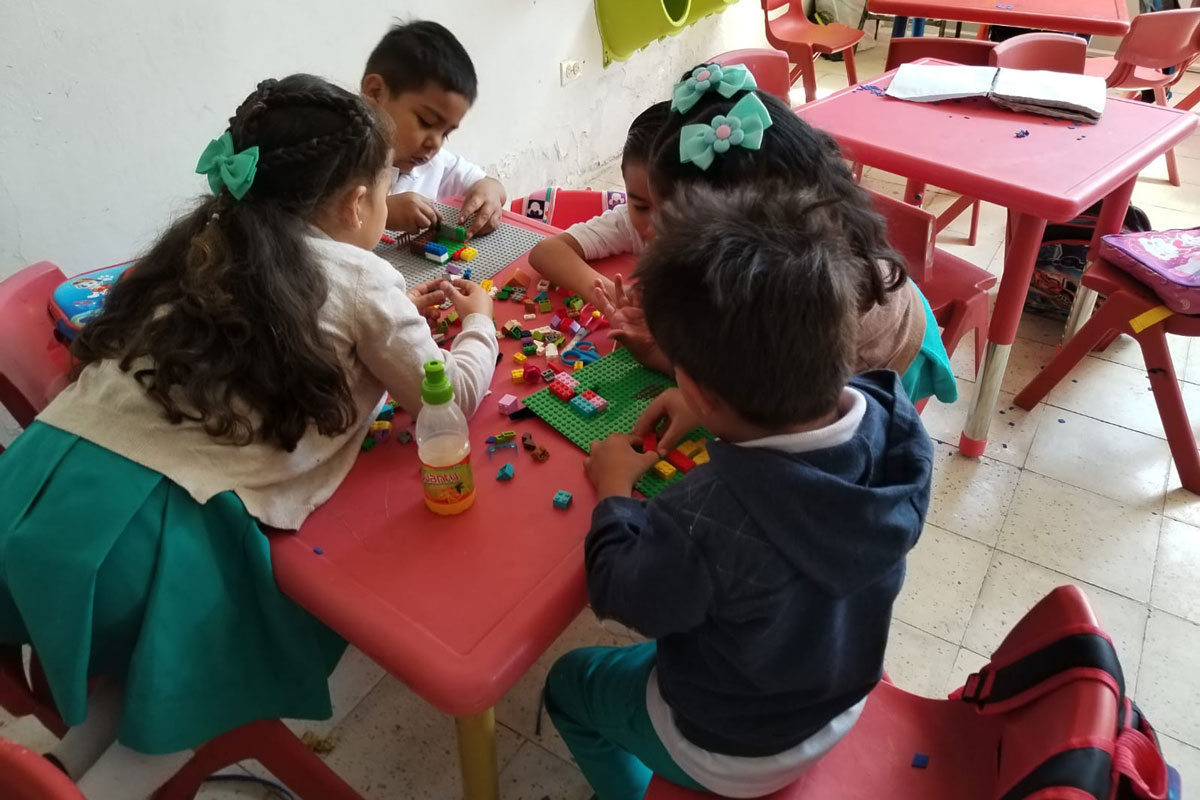
This experiment was one of several undertaken in the second half of 2023 by Global Fund for Children partners in the Supporting Early Education and Development (SEED) initiative. Supported by the Bainum Family Foundation, this initiative seeks to improve early childhood education and development in Honduras. During an in-person meeting in Comayagua in May 2023, the six participating organizations studied the Ladder of Child Participation; reflected on how children were (or were not) participating in their organizations, programs, activities and communities at the time; and discussed how to increase that participation in the future.
In response, GFC presented them with an opportunity to design and implement an action or change so that the youngest children in their programs would have higher and more meaningful participation. With support from The Two Lilies Fund, GFC offered $2,000 in funding to support organizations that accepted the challenge. All accepted.
Centro de Niños con Necesidades Educativas Especiales (CNNEE) held a children’s congress called “My Voice Counts,” inviting children and youth between the ages of 6 and 16 from ten schools in communities north of Lake Yojoa to submit drawings illustrating the issues that matter most to them. During the event, participants expressed their needs and desires to representatives of universities and local authorities. Their main demand: to create and care for spaces to play.
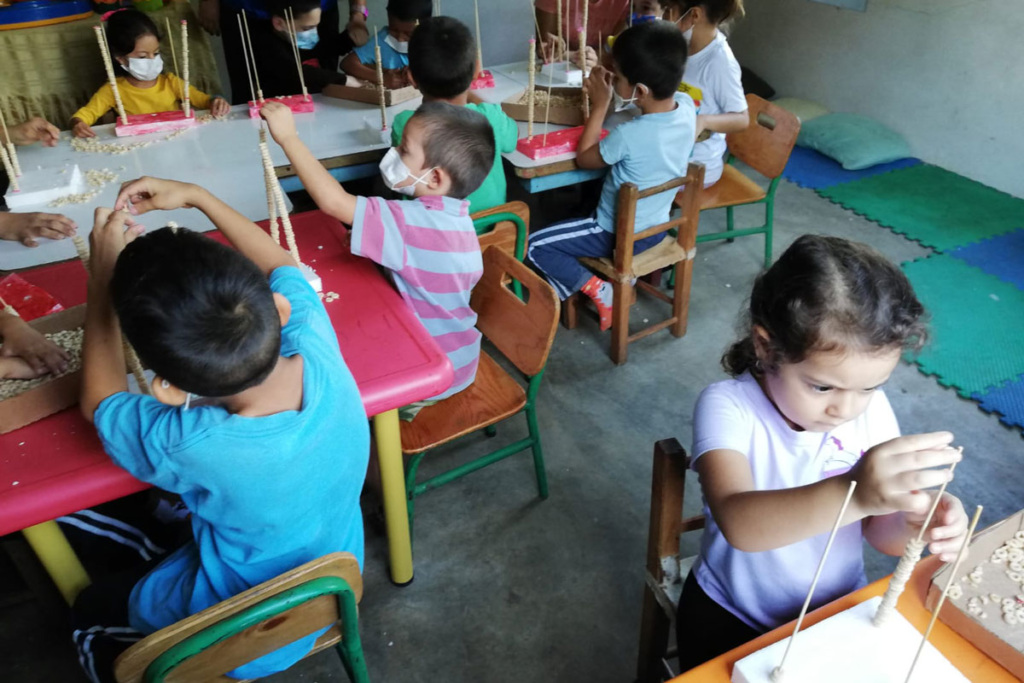
Fundación Centro Cultural Infantil (FCCI) in San Pedro Sula did a similar activity with schoolchildren and art students in this age group. When the children were asked what topics they would like to talk about, they chose to focus on the environment. The director of FCCI, Lourdes Ochoa, laughingly expressed that after the first planning meetings with the children, it felt like a Pandora’s box had been opened.
“I don’t think I was aware of or prepared for how willing the kids were to talk, and how many ideas they were going to have. I can see how this is going to change everything,” said Lourdes Ochoa, FCCI director.
FCCI also worked with a group of adolescent girls to empower them to take their experience facilitating reading and training spaces with children, and to apply it to opening spaces for dialogue and teaching with adult women about sexuality. The adults were impressed to see how girls living in rural contexts have the knowledge to facilitate conversations about body protection and have the self-confidence to talk to adults about this sensitive topic.
In a reflection meeting with GFC at the end of the year, the partners acknowledged that most decided to do the experiment with school-age children or teenagers. However, now that they have engaged with older children in this way, they feel better prepared to do so with younger kids. All pledged to continue to challenge themselves to be more creative and playful in listening to younger children and encouraging their participation.
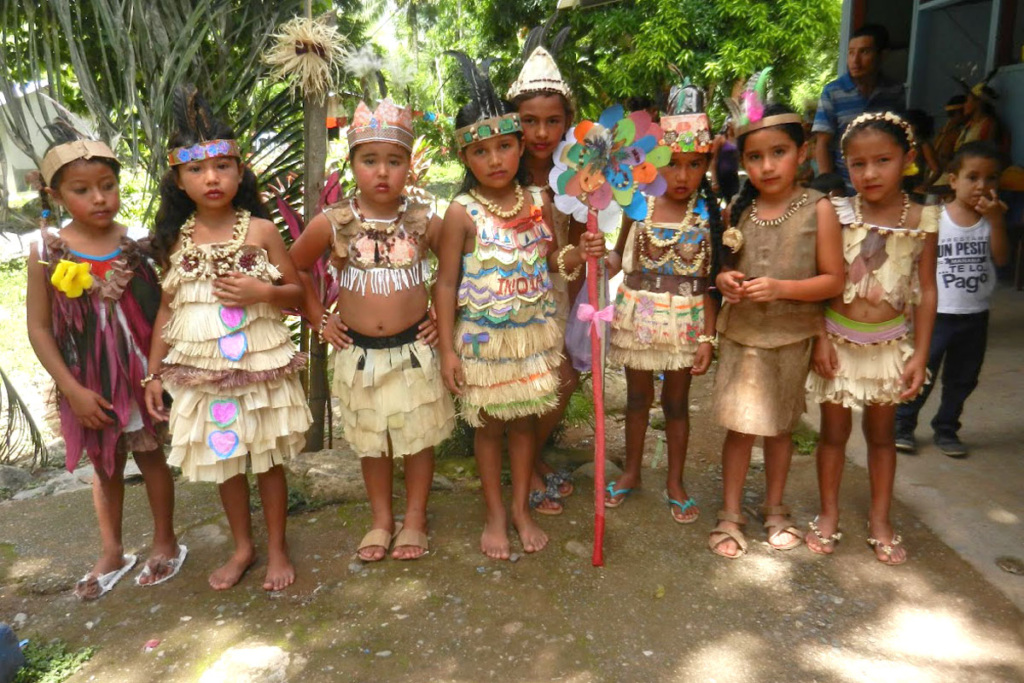
GFC embraces experimentation and recognizes that change is a multistep process. In 2023, SEED partners opened avenues for meaningful child and youth participation, while building the confidence and experience to integrate listening and participation opportunities for the youngest children.
The voices of young children can guide organizations, and participatory practices also develop leadership as a key skill from early childhood. This strengthens children’s capacity to imagine and grow into the future they want; to communicate fluently with their teachers, caregivers, and family members; and even to speak up for their own safety.
“It is encouraging to know that we have taken the first steps to create environments worthy of the children’s trust. The most painful aspect of this exercise has been to identify how many of the children face situations of family violence in which they are forced to work in order to contribute financially to their homes, … or are subjected to physical punishment, or psychological abuse, and which no one talks about. This has awakened [for me] the awareness of the importance of developing parenting schools to teach parents healthy parenting, positive discipline, and to avoid always solving problems through violence or physical punishment. This activity has been really enriching and has been achieved, not so much because of the economic support, but because of the creativity that each organization has had to be able to support their programs by listening to the children.” Yennifer Gonzalez, director of Educación Diaria.
Header Photo: Educación Diaria children receiving their daily classes ” © Educación Diaria.
